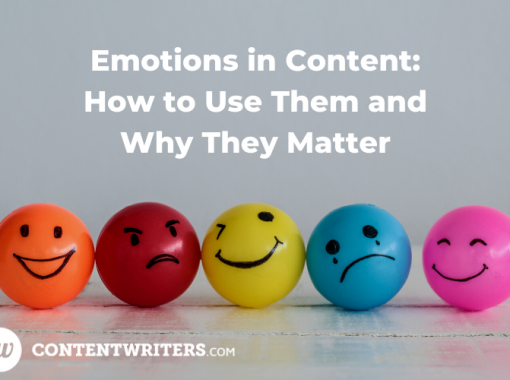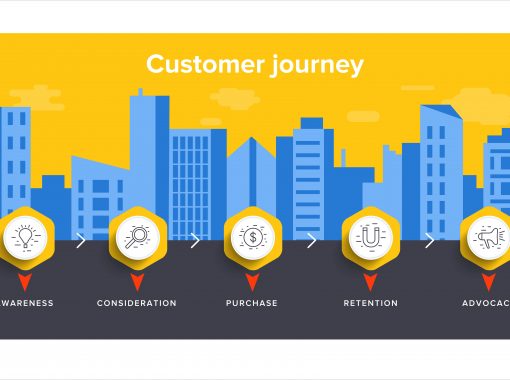
Google’s March 2024 Algorithm Update
Google’s March 2024 core and spam updates aim to provide users with more helpful, original, and high-quality search results. How? By cracking down on low-quality content and manipulative practices. Whether you’re a business owner, content creator, or marketing specialist, here is the impact of this Google algorithm update and how to protect your site from deindexing.
What Is the Latest Google Algorithm Update?
The latest Google algorithm update improves how Google identifies helpful content by targeting three specific types of spam. More comprehensive than earlier updates, the search engine now employs multiple signals and systems to distinguish the quality of information. These are primarily on the page level and secondarily on the website as a whole.
On Tuesday, March 5, 2024, Google announced the change, saying:
“The March 2024 core update is a more complex update than our usual core updates, involving changes to multiple core systems. It also marks an evolution in how we identify the helpfulness of content…We’re announcing three new spam policies against bad practices we’ve seen grow in popularity: expired domain abuse, scaled content abuse, and site reputation abuse.”
These efforts are meant to ensure that companies and people producing helpful content succeed ahead of those who use spam to manipulate rankings. Here are the three new spam policies included in the March Google algorithm.
1. Expired Domain Abuse
Expired domain abuse is an intentional effort to capitalize on a domain’s past reputation by repurposing it with low-value content. Users purchase expired domains with a strong network of backlinks or organic traffic and post content that does not match the former site’s quality or intent.
2. Scaled Content Abuse
Scaled content abuse encompasses several practices that allow website owners to post large quantities of content to manipulate rankings. Examples include using AI-generated text, scraping feeds, and pasting together the content from other web pages.
3. Site Reputation Abuse
Site reputation abuse involves publishing third-party content on an authoritative website unrelated to the website’s primary purpose and without adequate oversight. For example, advertorials on a website with robust organic traffic may confuse or deceive visitors.
The site reputation abuse update will not be in full effect until early May 2024, giving website owners time to adapt.
Initial Rollouts Target AI-Generated Content
As these algorithm updates rolled out, 837 (1.7%) of 49,345 monitored sites were deindexed, or entirely removed from Google’s search index, according to Search Engine Journal. That represents over 20 million monthly organic visits gone overnight.
In a separate study on the rollout’s impact, Originality.AI tracked 79,000 websites. Of those, 1,446 (1.8%) were deindexed. Originality.AI’s team discovered that 100% of the deindexed websites had some AI-generated posts, and half had 90% or more AI-generated posts. This sends a strong message about the critical importance of originality and quality in content creation.
Google’s emphasis on original, valuable content explains why purely AI-generated content falls short. In December 2022, Google added “experience” to its EAT (expertise, authority, trustworthiness) guidelines, upgrading them to E-E-A-T. SEO experts have also long recommended having an author page or bio with background information supporting the author’s knowledge and expertise.
Minimizing the Impact on Your Website
The most effective way to minimize the impact of these and future Google SEO changes is to consistently create high-quality, people-first content that delivers value and expertise. This is particularly important for Your Money or Your Life (YMYL) businesses, which Google scrutinizes due to their potential impact on users’ financial stability, health, and safety.
For these and all other sites, establishing and maintaining authority and providing genuine value to readers are foundational principles that will keep you ahead of Google SEO changes.
More specifically, here are recommendations to safeguard your site from deindexing and ensure compliance with Google’s latest standards.
Review Existing Content
Google offers a series of questions to help you assess your current content. If you have articles that are primarily AI-generated, you can rework them to ensure they offer unique insights, expert knowledge, and genuine value. These qualifications are important for human-generated content, too. It’s a good idea to rework any content that’s thin, fluffy, poorly structured, or outdated.
Showcase Author Expertise
Create author pages and bios to highlight the expertise and qualifications of your thought leaders. Even if you use skilled ghostwriters to produce the content, detail your staff’s credentials and experience to establish authority and credibility.
Quality Over Quantity
Resist the temptation to publish large volumes of content at the expense of quality. Google’s updates increasingly penalize websites that produce low-value or spammy content. Focus on creating in-depth, well-researched, and expertly written pieces that truly benefit your audience.
Build a Diverse and Authoritative Backlink Profile
Establish a strategy to earn high-quality backlinks from reputable and relevant sources within your industry or niche. A diverse and authoritative backlink profile signals trustworthiness.
Provide a Great Page Experience
Optimize your website for fast loading times, mobile-friendliness, and easy navigation to ensure a smooth and enjoyable experience for visitors.
Conduct Regular Website Audits
Periodically audit your website to identify and resolve technical issues to ensure your content is easily discoverable and accessible to search engines.
Quality Content at Scale
Partnering with a human-powered content creation service like ContentWriters helps you maintain a competitive edge in search engine rankings.
With a team of subject matter experts spanning diverse industries, we offer services tailored to meet your organization’s needs. Our writers’ specialization and our careful AI-screening process ensure the content we produce is original, engaging, and authoritative. Connect with our team today to learn more about our managed content services.
Joan Weisman’s strong research skills, SEO knowledge, adaptability of style and voice, and passion for staying current make her an asset for freelance web content, SEO, and copywriting.




